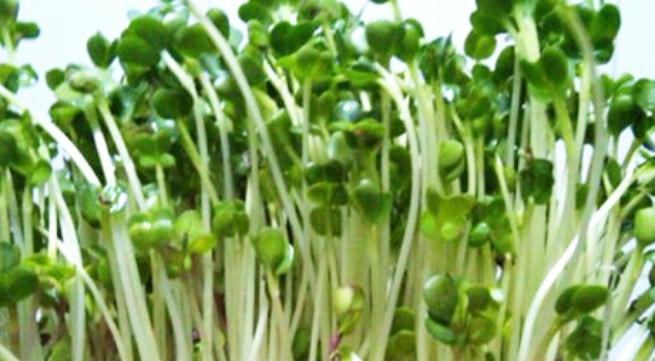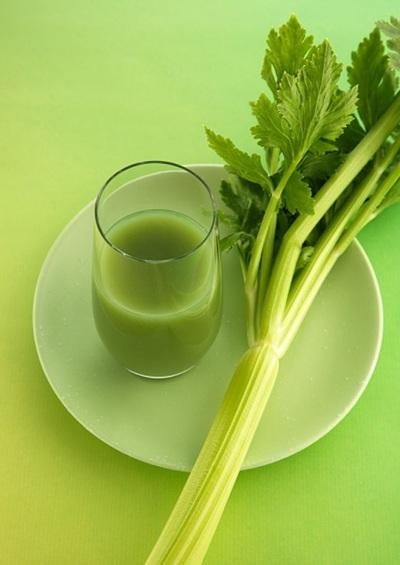Lower blood pressure with fruits and vegetables
Hypertension is a cardiovascular disease that can cause serious complications. There are many factors that cause hypertension such as genetics, stress, a sedentary lifestyle and an unhealthy diet. Fortunately, people with hypertension and all of us can support the treatment of hypertension with foods that are very easy to find and are abundant in winter.
For patients with high blood pressure who have been diagnosed and treated by a doctor, the most important thing is to take medication as prescribed by the doctor. In addition, patients also need to have a reasonable work, exercise and rest regimen to help control blood pressure well. However, in parallel with the above activities, patients with high blood pressure can apply a diet that increases foods that help lower blood pressure naturally, without being toxic. Foods that can lower blood pressure often give results when the patient uses them for two weeks or more. We would like to introduce useful foods for patients with high blood pressure to refer to as follows:
Types of sprouts
Recent research shows that sprouts contain an antioxidant called glucoraphanin that can lower blood pressure and reduce inflammation in the heart, arteries, and kidneys. This antioxidant also reduces the risk of stroke and heart attacks. This is very easy to do: you can buy sprouts at the market, supermarket, etc.; or you can buy seeds and sow sprouts right on the terrace or in a small garden at home. Sprouts also provide good nutrients such as protein, enzymes, antioxidants, anticarcinogens, vitamins, and minerals, which are higher than those of regular vegetables.
 |
| Sprouts contain antioxidants that help lower blood pressure. |
Some winter vegetables and fruits
Research on food values has provided us with a list of fruits and vegetables that have the effect of lowering blood pressure: celery has a compound called 3-n-butyl phthalide that has the effect of relaxing the smooth muscles lining the blood vessels, reducing blood pressure. Celery also contains a lot of vitamin C, potassium, calcium and magnesium, which also helps reduce blood pressure. American research published in the New York Times shows that people who eat celery every day reduce their blood pressure by 12-14% compared to those who do not eat celery.
 |
| Celery contains lots of vitamin C, potassium, calcium... helps reduce blood pressure. |
Spinach: High in folate, which can lower blood pressure. Research published in the Journal of the American Medical Association found that people who ate 1,000 micrograms of folate a day had significantly lower blood pressure than those who ate only 200 micrograms a day.
Garlic: can fight heart disease, coronary artery disease by relaxing the arteries. Garlic gas produced in the stomach also has the ability to dilate the arteries and reduce blood pressure. If you eat one garlic bulb a day, it can significantly reduce your blood pressure in as little as three months.
Tomatoes: contain lycopene, an antioxidant that helps protect cells from the harmful effects of free radicals. The lycopene and carotenoids in tomatoes help lower blood pressure and reduce the risk of heart disease. Research published in the American Heart Journal shows that regularly eating 250mg of tomato extract for 8 weeks can significantly reduce both systolic and diastolic blood pressure in hypertensive patients.
Potatoes: contain many kukoamines, vitamins C, B6, B1 and B3; magnesium, iron, zinc, phosphorus, carotenoids and phenols which have the effect of lowering blood pressure and reducing heart disease, good for health.
.
Bananas: high in potassium, which helps lower blood pressure and reduce the risk of stroke; low in sodium, which is good for people with high blood pressure. Similar to bananas, other fruits such as apples, plums, pears, pomegranates, and mangoes also contain substances that help lower blood pressure.
Chrysanthemum greens: contain alkaline substances that help lower blood pressure, nourish the brain, and crude fiber that is good for digestion, laxatives, and reduces cholesterol.
Lettuce: contains 27 times more potassium than sodium, this ratio is very beneficial for water balance in the body and waste elimination, increases urine excretion, helps reduce blood pressure.
Bok choy: has a supportive effect in treating high blood pressure, heart valve disease, nephritis, bleeding gums, scurvy...
Black fungus: contains acid that helps lower blood cholesterol. The glue in black fungus has strong adhesive properties, which helps absorb excess waste in the body and eliminate it through the digestive tract. Purine glucoside in black fungus reduces the possibility of cerebral vascular occlusion caused by high blood pressure.
Shiitake mushrooms: contain a lot of potassium, little sodium and contain substances that help control cholesterol levels in the blood and liver, prevent arteriosclerosis, lower blood pressure...
Onions: dissolve blood vessel blockages in the brain, inhibit high blood cholesterol caused by eating fatty foods. Substances in onions can reduce blood vessel resistance and stabilize blood pressure.
According to Health and Life






